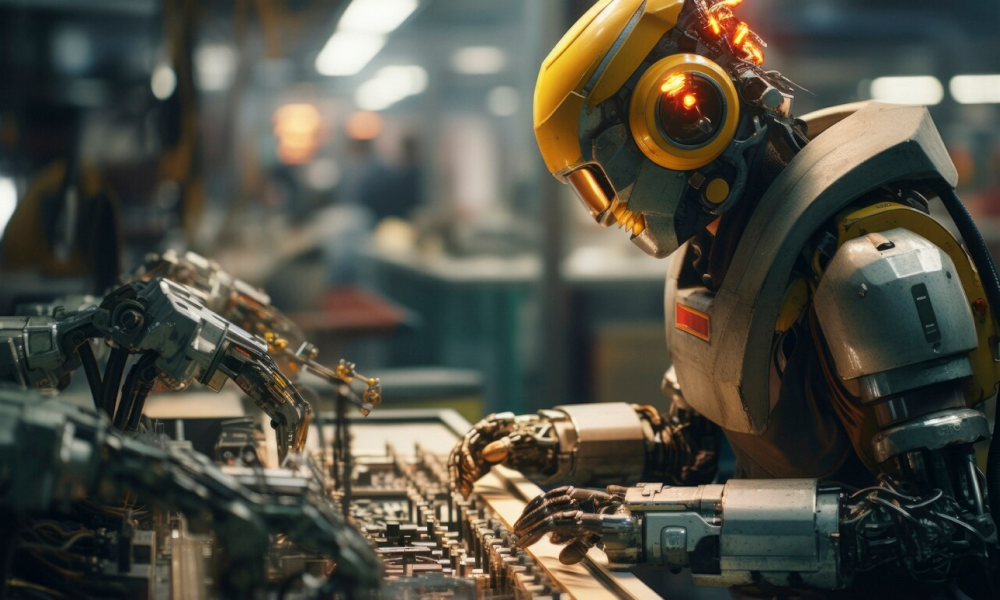The Future of Special Purpose Machines (SPM) in Automated Manufacturing

Services
how can we help you?
Have questions or need assistance? Get in touch with us today. We're here to help.As industries shift towards automation, Special Purpose Machines (SPM) are playing an increasingly vital role in enhancing manufacturing flexibility and efficiency. Unlike standard machines, SPMs are tailored to meet specific production needs, allowing companies to achieve faster cycle times, improved accuracy, and reduced human intervention.
The integration of SPMs into automated manufacturing systems has enabled manufacturers to handle complex tasks with greater precision. For example, in assembly lines, SPMs can be programmed to perform highly specialized tasks like intricate cutting, welding, or inspection, all within a fully automated setup. This not only speeds up production but also ensures consistent quality, as these machines are designed for repetitive tasks with minimal variation.
Moreover, SPMs are increasingly adaptable, allowing manufacturers to modify their operations based on changing market demands. By combining SPMs with advanced control systems and robotics, companies can create flexible production lines that can switch between different products without extensive retooling.
Conclusion:
The future of SPM in automated manufacturing lies in their growing ability to enhance flexibility and efficiency. As automation technology evolves, SPMs will become even more integral in enabling manufacturers to meet dynamic production requirements while maintaining high precision and quality, pushing the boundaries of what is possible in modern manufacturing.